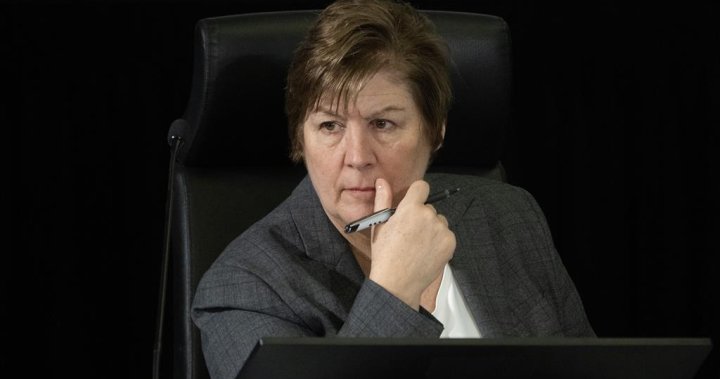The preliminary report from the federal public inquiry into foreign interference in Canada’s 2019 federal election revealed details about operations involving affiliates of the People’s Republic of China (PRC) that aimed to influence the outcomes. Some candidates and staffers were found to have direct connections to these foreign actors, with some being willing to cooperate in interference activities. While Commissioner Marie-Josée Hogue could not definitively say whether foreign interference affected the election results, troubling instances were uncovered, including financial support from PRC officials, misinformation campaigns, and attempts by a proxy agent of the government of India to provide support to candidates.
The inquiry heard from over 70 witnesses, including politicians, public servants, and security officials, and reviewed a significant amount of declassified documents and intelligence summaries. Despite not being able to verify all the information provided by intelligence agencies or conclusively identify individuals involved in interference operations, Hogue’s report provided a comprehensive look at the allegations of foreign interference in the 2019 and 2021 elections. The report highlighted that foreign interference poses a threat to democracy and called for proactive measures to detect and counter such activities.
The PRC was identified as the main perpetrator of foreign interference in Canadian democracy, with a focus on supporting candidates seen as favorable to China regardless of political affiliation. One specific example mentioned in the report was interference in the Liberal nomination in Don Valley North, where intelligence indicated possible involvement of Chinese international students bused in to support the candidate, Han Dong. The report raised concerns about the lack of oversight in federal nominations, which can be exploited by foreign states to interfere in the democratic process.
The report also revealed that a politically-connected Canadian had engaged in potential foreign interference leading up to the 2019 election, posing a threat beyond the immediate political consequences. Additionally, foreign interference disproportionately affects members of diaspora communities in Canada, discouraging political participation and exposing individuals to disinformation campaigns. Hogue emphasized the need to address these challenges to protect the rights and freedoms of all Canadians, particularly those vulnerable to foreign influence.
Despite the evidence of interference and the potential impact on voters’ ability to cast an informed vote, the report noted that foreign interference did not change the party in power in the 2019 and 2021 elections. However, Hogue warned that the frequency of interference is likely to increase and could have negative consequences for democracy if not addressed. The report called for measures to detect and counter foreign interference, recognizing the importance of safeguarding Canada’s electoral process and democratic institutions.
The findings of the federal public inquiry underscore the urgency of addressing foreign interference in Canadian elections and protecting the integrity of the democratic process. By uncovering details about foreign influence operations, the report highlights the need for enhanced vigilance, coordination, and transparency to combat these threats. Moving forward, it will be essential for government agencies, political parties, and civil society to work together to safeguard Canadian democracy from foreign interference and ensure that all citizens can exercise their democratic rights free from external influence.


